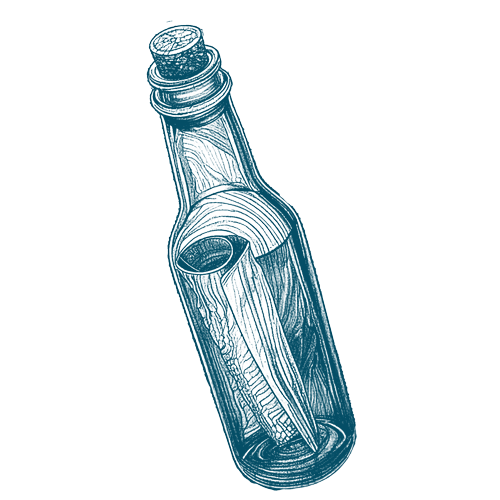Exploring the mind with care, courage, and intention.
Interest in the therapeutic use of psychedelics—substances like psilocybin, MDMA, and ketamine—has been growing, both in public conversation and scientific research. These medicines are being studied for their potential to support emotional healing, self-understanding, and psychological growth.
Why Psychedelics?
The word "psychedelic" means "mind-revealing." Many people describe these experiences as connecting them with emotions, memories, or perspectives that can feel hard to access in everyday life.
Research suggests psychedelics may promote neuroplasticity, helping the brain form new, more flexible patterns. When paired with therapy, this can open a window for healing, insight, and lasting change.
When approached with care and intention, they can help us:
-

Access difficult-to-reach emotional material
-

Let go of rigid thinking patterns
-

Develop greater compassion for ourselves and others
-

Engage more fully with life
-

Experience psychological relief from depression, anxiety, PTSD, or existential distress
A Note on Legality & Ethics
It’s important to note that most psychedelic substances remain illegal in the U.S., with some exceptions—most notably, ketamine, which is legally-available in certain clinical settings and can be used in conjunction with psychotherapy. Other legal avenues include approved clinical trials or retreats in countries or states where these substances are permitted.
As a psychologist, I do not provide or facilitate access to illegal substances. I do, however, offer psychedelic preparation and integration therapy—a time-limited, focused service designed to help people make sense of their psychedelic experiences and support integration into everyday life. I also provide ketamine-assisted psychotherapy (KAP) in a legal, clinical setting.
KAP: Ketamine Assisted Psychotherapy
Many people learn over time—through trauma, social messaging, or personal experience—that it isn’t safe to feel their feelings. Emotions can begin to feel overwhelming or even intolerable, making it difficult to heal. But meaningful healing often requires the ability to stay with and make sense of our emotional experiences. KAP can help widen the window of tolerance—our ability to experience emotions without becoming overwhelmed or shutting down. By temporarily loosening rigid patterns of thought and perception, ketamine can support emotional openness, perspective shifts, and greater self-compassion. In a therapeutic setting, these effects can deepen insight and support lasting change.
Let’s demystify the process:
Frequently Asked Questions
-
Ketamine is a dissociative anesthetic that has been used safely in medical settings for decades. At lower doses, it can create a dreamlike or inward-focused state that supports emotional openness and reflection. It’s thought to work by increasing glutamate activity in the brain and promoting neuroplasticity—essentially helping the brain form new, more flexible patterns.
-
Ketamine therapy typically focuses on ketamine's biological effects—often delivered intravenously—to quickly reduce symptoms like depression.
KAP integrates the medicine with psychotherapy. Through preparation, dosing sessions, and integration, we create a cohesive process that supports emotional exploration, insight, and personal growth. -
When prescribed and monitored by a medical professional, ketamine is generally safe and well-tolerated. It is non-addictive when used appropriately, and its effects wear off quickly. We’ll conduct a careful screening process to ensure KAP is the right fit for you.
-
Most people tolerate ketamine well, but common short-term side effects may include dizziness, nausea, dissociation, or mild increases in blood pressure. These typically subside within a few hours. I’ll provide guidance on how to prepare for and manage any discomfort, and I remain present throughout your session for support.
-
Dosing sessions take place in my office. You'll self-administer a sublingual ketamine lozenge and rest with music and an eye mask while I remain nearby for support. Sessions typically last 45–90 minutes. Afterward, we allow time for reflection and rest, followed by an integration session within a few days.
-
No. Ketamine tends to create a sense of spaciousness and introspection, but you remain aware and able to communicate. You’re always in control. My role is to support your experience—not guide or direct it.





